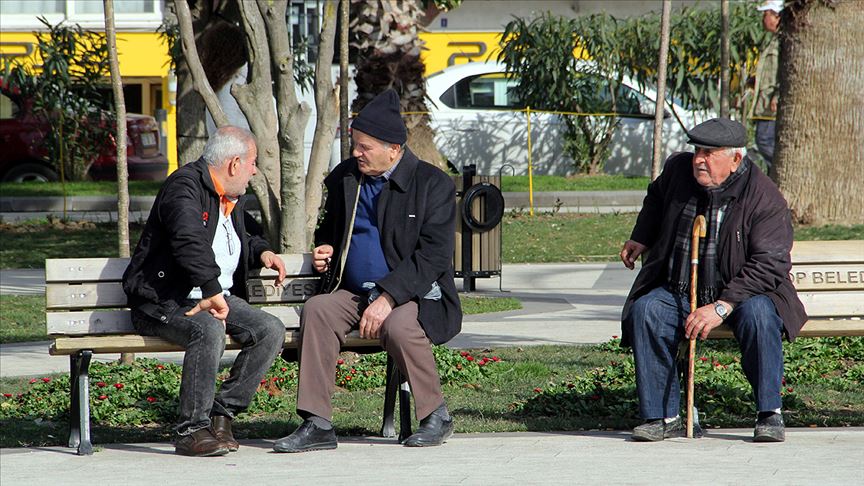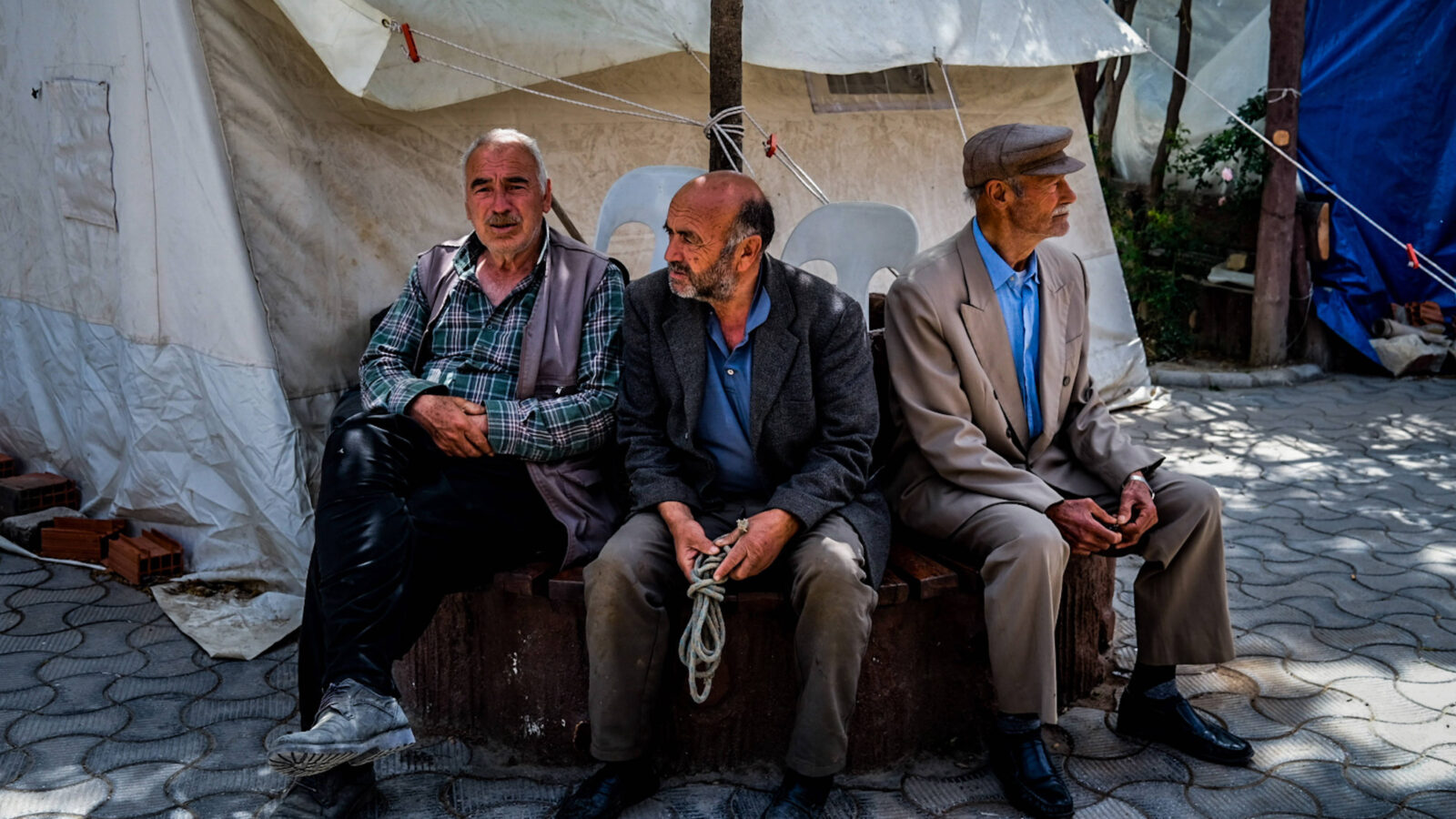
Retirees in Türkiye face increasing economic hardships, declining purchasing power, and social isolation, according to a recent study conducted by Istanbul University's Faculty of Economics.
Led by Professor Suphan Nasir, the study analyzed retirees' spending habits and budget planning. The results reveal deep dissatisfaction: 70% of retirees report being generally unhappy with their lives, and 84% are dissatisfied with the healthcare system.
High inflation rates, particularly affecting essential expenditures such as food, transportation, and clothing, continue to erode retirees' purchasing power.
Professor Dr. Suphan Nasir, who led the research, made assessments to Turkish media outlet BirGun.
In 2023, the proportion of the elderly population within the total population reached double digits for the first time, rising to 10.2%. We are entering a period where both the number of retirees and healthcare demands are increasing.
In Türkiye, where the population growth rate is declining and the population is rapidly aging, existing policies regarding income sources and employment opportunities need to be reviewed in light of this demographic shift.
Our research findings also highlight the necessity of developing and implementing 'active aging' policies and programs for retirees. Through these policies, opportunities should be provided to improve retirees' quality of life, particularly in terms of healthcare and participation in social life. Pension payments must also be set at a level that supports active aging, enabling retirees to remain integrated into society, social and cultural life, and maintain their health.
Our results clearly show that economic hardships significantly restrict retirees' social lives. In line with the United Nations' core objectives, incentive programs must be implemented to ensure better access for retirees to social and cultural activities.
Professor Dr. Suphan Nasir

The study highlights the extensive efforts retirees make to cope with rising costs. Sixty-seven percent visit multiple supermarkets to find discounts, while 55% wait for promotional deals before making purchases.
This financial strain extends to social activities, with 90% of retirees reporting little to no participation in ticketed events like theater, concerts, or cinema.
Additionally, 70% said they have been unable to take a vacation in the past three years.
Additionally, in a statement to the Turkish media outlet Odatv, Prof. Dr. Suphan Nasir, "In our research report, we observe that retirees' overall life satisfaction is significantly lower compared to the general population. Their dissatisfaction with the healthcare system, in particular, is remarkably high," said.
In 2023, the proportion of the elderly population within the total population rose to 10.2%, reaching double digits for the first time. We are entering a period where both the number of retirees and healthcare services are increasing. In Turkey, where population growth is slowing, and the population is rapidly aging, current policies regarding income sources and employment need to be reviewed in response to this demographic shift.
It is essential to reassess social protection systems, including pension systems. The results of our study highlight the necessity of developing and implementing 'active aging' policies and programs for retirees.
Through active aging policies, opportunities should be provided to retirees to improve their quality of life, particularly in terms of healthcare and participation in social life. Retirement pensions should also be at a level that supports active aging, enabling retirees to participate in society, social, and cultural life, and maintain their health.
Our study results show that economic difficulties restrict retirees' social lives. As part of active aging policies, incentive programs should also be implemented to increase retirees' access to social and cultural activities.
Professor Dr. Suphan Nasir